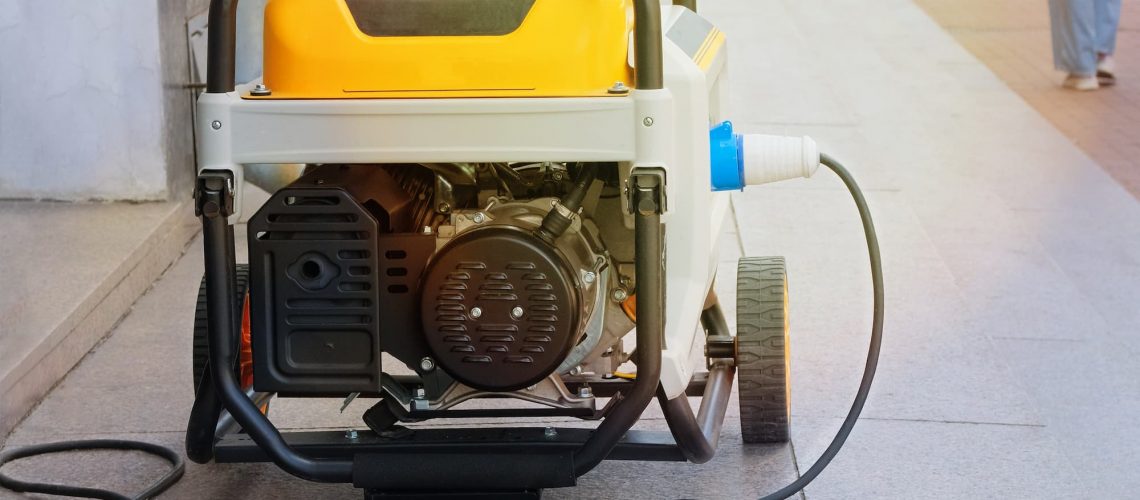Generator Safety Tips: Essential Guidelines to Protect Your Home and Family
Generators are invaluable for keeping your home powered during outages or when venturing off the grid. However, their powerful capabilities come with risks if not handled properly. Following essential generator safety protocol is crucial to ensure you and your loved ones remain safe, which is why we have this list of tips – your safety is our priority!
Electrical Safety Precautions
When dealing with a generator, the most important safety consideration is electrical safety. Follow these tips to avoid electrical hazards:
- Read the Manual: Always start by reading the manufacturer’s manual for specific safety instructions and guidelines. Each generator model may have unique requirements.
- Use Proper Extension Cords: If you need to use extension cords, ensure they are rated for outdoor use and can handle the generator’s power output. Look for cords with a power rating equal to or greater than the generator’s output.
- Avoid Overloading: Always avoid connecting too many appliances or devices. Overloading can cause damage to your generator and increase the risk of fire.
- Grounding: Ensure your generator is properly grounded to help prevent electric shock and protect both the generator and the appliances connected to it.
- Dry Hands and Area: Always operate your generator with dry hands and on a dry surface. Water and electricity are a dangerous combination and can lead to severe electrical shocks.
Proper Placement and Ventilation
Where you place your generator is as important as how you use it. Proper placement and ventilation can prevent many common issues:
- Outdoor Use Only: Generators should always be used outdoors in a well-ventilated area. Never use them indoors or partially enclosed spaces, such as garages, to avoid carbon monoxide poisoning.
- Distance from Home: Place the generator at least 20 feet away from your home, windows, doors, and any air intakes. This minimizes the risk of carbon monoxide entering your home.
- Level Surface: Set up your generator on a stable, level surface to prevent it from tipping over, which can cause fuel spillage and other hazards.
- Rain Protection: Keep your generator dry using a canopy or shelter to protect it from rain, but ensure the covering does not restrict ventilation.
Fuel Handling and Storage
Proper fuel handling and storage are crucial for safe generator operation. Follow these tips to avoid accidents:
- Store Fuel Safely: Store fuel in approved containers and keep them in a cool, dry place away from heat sources or open flames.
- Refuel Safely: Always turn off the generator and let it cool before refueling. Spilling fuel on a hot engine can cause a fire or explosion.
- Use Correct Fuel: Ensure you are using the correct fuel type for your generator. Using the wrong fuel can damage the engine and pose safety risks.
- Dispose of Old Fuel Properly: Dispose of old or stale fuel according to local regulations. Avoid pouring it down drains or into regular trash.
Come View Our Collection of Generators for Sale!
By following these generator safety tips, you can ensure a safe and efficient operation, providing peace of mind during power outages or outdoor activities. At Generator Supercenter in Fort Myers, we offer a wide range of high-quality generators to meet your needs. Whether you’re looking for a standby home generator or a portable option for your next adventure, we’ve got you covered. Explore our collection of generators for sale to find the perfect unit for your home or business, and don’t forget to ask about our GenMonitor Maintenance Program. GenMonitor ensures your generator receives regular maintenance, keeping your generator running optimally and safely. For more information or to find the right generator for your home, reach out today!
Featured Image Credit: Ga_Na/Shutterstock



